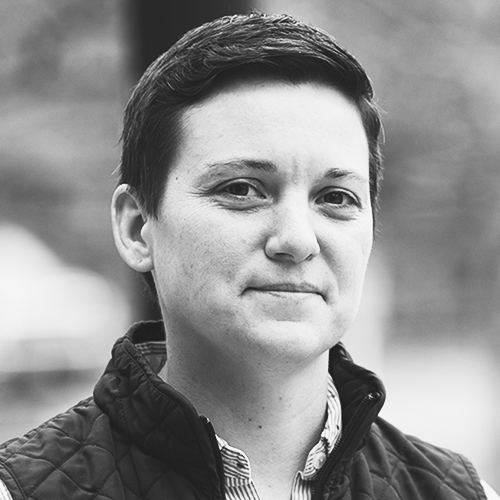Katrina Nobles is the Director of Conflict Programs for the Scheinman Institute on Conflict Resolution at the Cornell University ILR School, focusing on educating the next generation of neutrals and practitioners on campus and in the workplace. Professor Nobles designs curriculum, instructs professional programs, and facilitates discussions for organizational workplace conflicts. She also teaches the Campus Mediation Practicum, an on-campus credit course that applies mediation skills to the campus judicial system, allowing students to work as peer mediators.
Professor Nobles has presented at national conflict resolution conferences on facilitating collaborative problem solving, cross-cultural communication, and conflict diagnosis. She has practiced mediation for over 15 years, and prior to her employment at Cornell, Professor Nobles was the Cortland County Coordinator for New Justice Mediation Services. During that time, she mediated hundreds of community, child custody/visitation, child support, and family disputes. Professor Nobles holds a Master’s degree in Conflict Analysis and Engagement from Antioch University Midwest.




